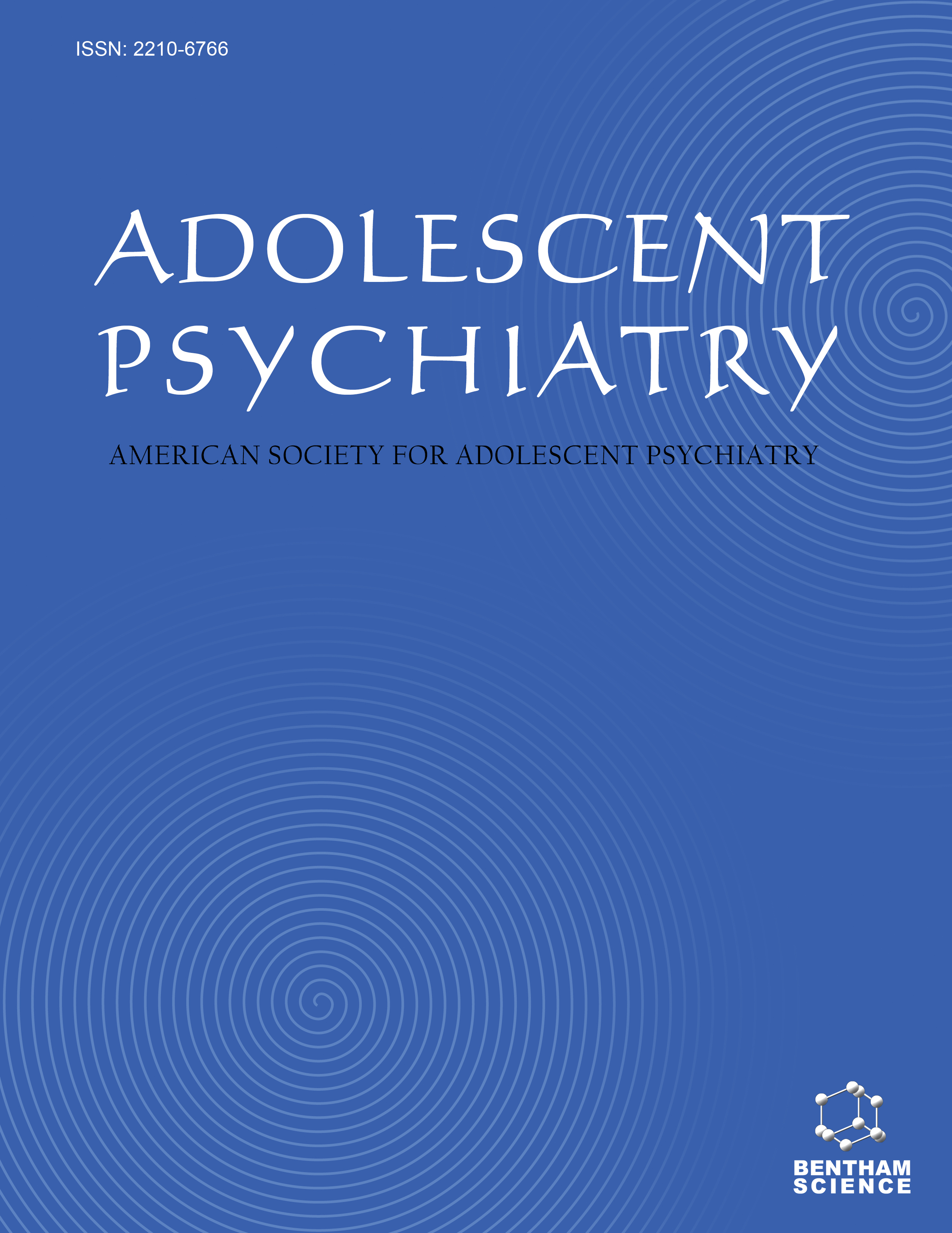-
s Addressing Sexual Acting Out Behaviors with Adolescents on the Autism Spectrum
- Source: Adolescent Psychiatry, Volume 9, Issue 2, Aug 2019, p. 129 - 134
-
- 01 Aug 2019
Abstract
Adolescents with autism spectrum disorders (ASDs) have similar sexual desires and relationship needs to their neuro-typical peers. However, they may be more likely to demonstrate problematic sexual behaviors as they mature, due to lack of education about sexuality, vulnerability to sexual abuse, deficits in social communication and understanding, restricted and repetitive interests and behaviors, and sensory interests. Treatment for sexual acting out behaviors in adolescents with ASD has not been explored and current recommendations focus on prevention through sexual education, which provides little guidance to clinicians working with adolescents who are already displaying sexual acting out behaviors. Adapting treatments for problematic sexual behaviors in neuro-typical children and adolescents may be the first step, although adaptation is complicated by developmental abilities that may not match an adolescent’s chronological age. A thorough developmental and sexual assessment is the first step to designing an appropriate treatment plan. Further research should focus on adapting and applying current treatments for sexual acting out by the ASD population.


